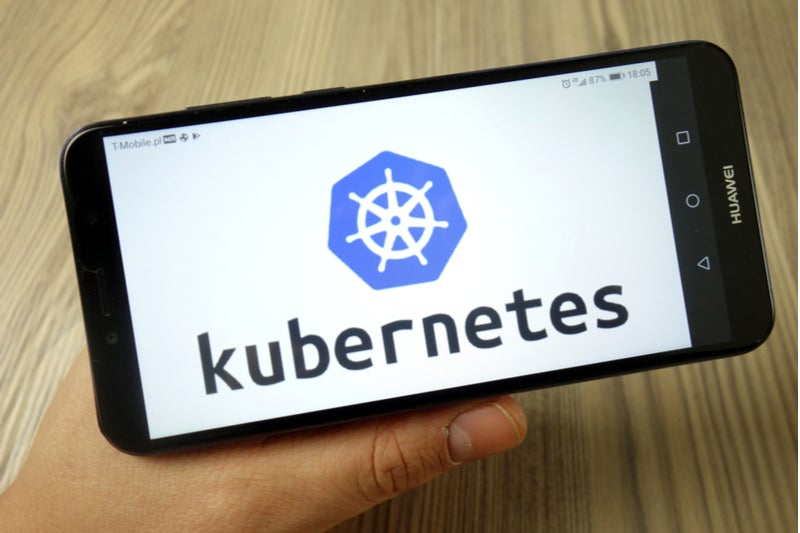
In November 2019, California hosted the world’s largest Kubernetes conference, KubeCon. The conference attracts software and cloud computing giants well-positioned to support customers’ digital transformations via modern application architectures.
This year, a new set of participants came to the party in droves. Vendors such as Cisco, HPE, VMware, Juniper, and other infrastructure providers, recognized new opportunities. For its role in providing container orchestration to app development and deployment processes across hybrid and multi-cloud environments, Kubernetes is at the forefront of application modernization directives.
These companies have been setting themselves up through technologies like software-defined networks (SDN) to take advantage of a more digitized and software-based world. This is driven by demands for more agile, lightweight, and distributed applications. The growing league of technology providers is entering the app modernization space. All are looking to play a leading role in enterprises’ business transformations built on the cloud and grounded in new application architectures. This latest consolidation phenomenon between OpenStack and application platforms providers was particularly evident during this month’s KubeCon. Newer entrants are beginning to solidify Kubernetes and DevOps strategies.
KubeCon themes included announcements around integrating service mesh connectivity capabilities and improved developer tools into platform services. Also announced were enhanced application lifecycle management capabilities for enhanced management, security, logging, and application monitoring. Kubernetes’ new-found prominence certainly presents new opportunities for infrastructure vendors which have always catered to IT teams. As a result, mounting activities among these IaaS circles threaten to disrupt platform services and solutions delivered by IBM, Red Hat, Oracle, SAP, and others.
New tools and consoles unveiled
Kubernetes is a technology finally bridging the gap between developers and operations teams striving to support modern apps which are distributed and microservices-based. These may involve multiple workloads running across various on-premises and cloud domains. As such, during KubeCon, vendors unveiled new tools and consoles. These enabled better collaboration in helping enterprises through the entire process of building containerized apps, from managing Kubernetes clusters to providing fixes and debugging potential threats.
Since enterprises began moving towards new application architectures including containerization and microservices over the past two years, they have grappled with moving these applications into production. Infrastructure providers have been slow to respond, until now. Kubernetes will continue to provide traditional infrastructure vendors with a way to bring their core strengths to modernization projects, through tools which automate and simplify operational tasks.
How well do you really know your competitors?
Access the most comprehensive Company Profiles on the market, powered by GlobalData. Save hours of research. Gain competitive edge.

Thank you!
Your download email will arrive shortly
Not ready to buy yet? Download a free sample
We are confident about the unique quality of our Company Profiles. However, we want you to make the most beneficial decision for your business, so we offer a free sample that you can download by submitting the below form
By GlobalData








Related Company Profiles
Oracle Corp
SAP SE
Red Hat Inc
VMware Inc